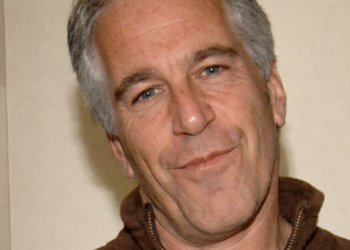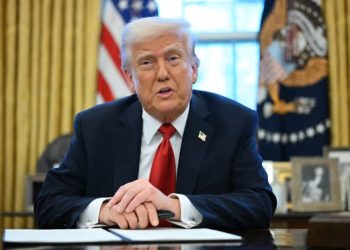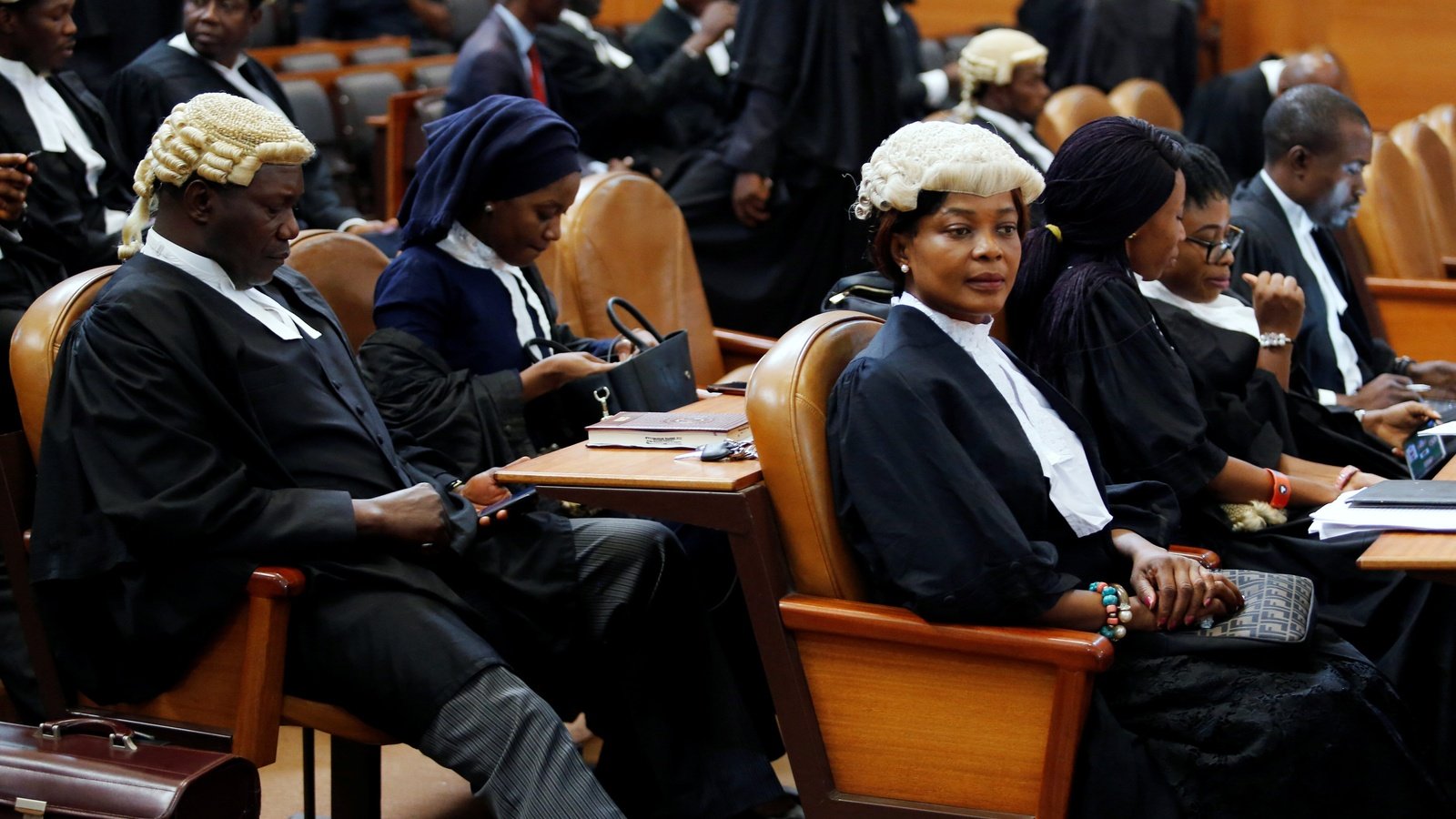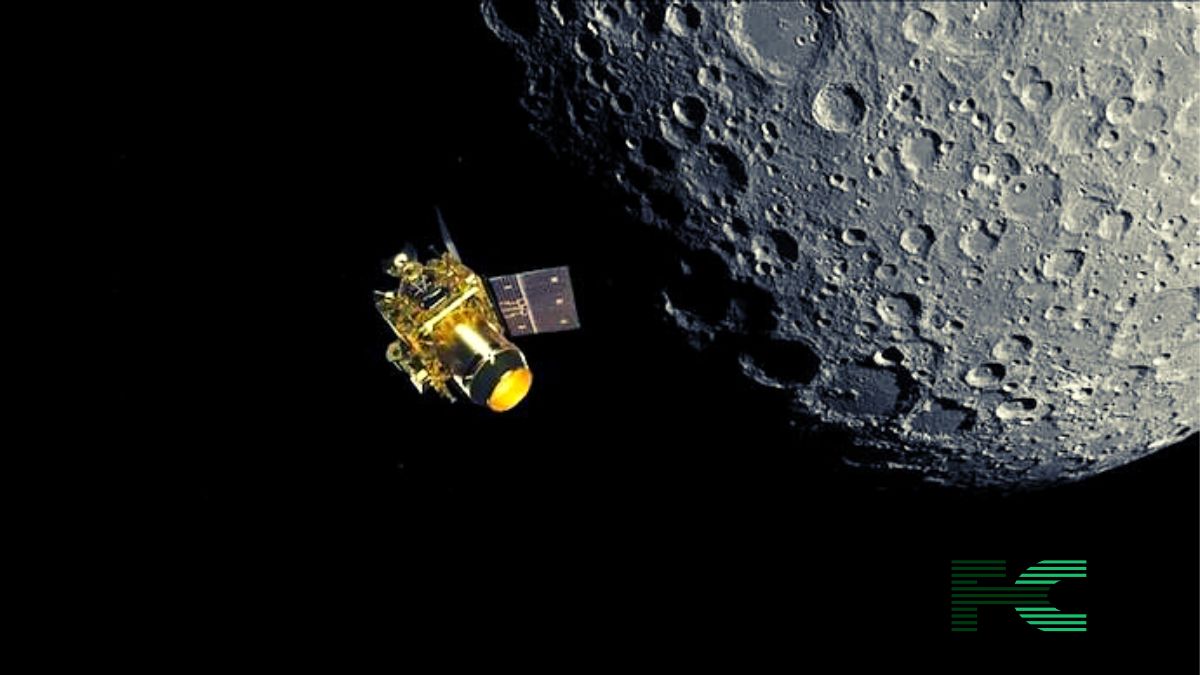Concerns have grown in Washington after the Trump team met with a sanctioned Russian official to draft a Ukraine peace plan, raising questions about U.S. involvement and the plan’s fairness. The meeting, which included Jared Kushner and Steve Witkoff, brought Kirill Dmitriev, a close Putin ally, into the discussion despite U.S. sanctions against him.
The Meeting That Shook Washington
The controversial meeting took place in Miami at the end of October. It was meant to create a roadmap to end the war in Ukraine but has instead exposed serious coordination gaps within the U.S. government. Many senior officials were reportedly unaware of the discussions or the presence of Dmitriev, whose involvement has now become the focus of criticism.

By involving a sanctioned Russian, the Trump team stepped into murky legal and ethical territory, leaving some U.S. lawmakers questioning the legitimacy and intentions behind the proposed plan. It risks undermining Ukraine’s security while giving Moscow leverage at the negotiating table.
A 28-Point Plan with Heavy Russian Influence
The meeting reportedly produced a 28-point proposal for ending the war. Many see it as skewed toward Russian demands, asking Ukraine to cede territories in the east, formally recognize Crimea as Russian, and abandon its NATO aspirations. These elements appear to contradict previous U.S. policies and have drawn sharp criticism from Ukrainian leaders.
President Zelenskiy has vowed not to betray his country, emphasizing that Ukraine will not sacrifice dignity and freedom for the sake of expedience. Still, the tight deadlines set by U.S. officials put Kyiv under immense pressure, illustrating how international diplomacy can quickly turn into a contest of coercion rather than negotiation.
Internal U.S. Concerns
The meeting caught some senior State Department and National Security Council officials off guard. Allegations suggest that Witkoff and Kushner bypassed standard interagency review, raising concerns about accountability and the legality of involving Dmitriev. Even Secretary of State Marco Rubio’s role in the process has been disputed, showing fractures within Washington on how foreign policy should be handled.
Some officials worry that bypassing formal channels could compromise intelligence and leave the U.S. with little control over how the plan unfolds, potentially empowering Moscow in a situation meant to secure Ukraine’s future.
Impact on Ukraine and Europe
For Ukraine, the plan is deeply troubling. Analysts warn that agreeing to Moscow’s conditions would weaken its military and undermine sovereignty, while limiting Ukraine’s ability to align with NATO or other Western security structures. European allies have expressed caution, indicating that any concessions must be carefully balanced to avoid rewarding Russian aggression.
The situation illustrates how U.S. political dynamics can affect not only bilateral relations with Russia but also the broader European security landscape, highlighting the fragility of peace efforts in Ukraine.
The Role of Kirill Dmitriev
Kirill Dmitriev has a history of navigating Western diplomatic and financial channels to advance Russian interests. His inclusion in the Miami meeting exemplifies the risks of engaging sanctioned individuals in sensitive negotiations. Even technical discussions with Dmitriev could be seen as normalizing his influence, raising alarms about both U.S. policy consistency and the optics of negotiating peace under the shadow of sanctions.
This also exposes divisions between U.S. political actors and career diplomats, emphasizing the importance of process in maintaining credibility on the international stage.
Risks and Consequences
The Trump team’s initiative, while intended as a peace effort, may inadvertently weaken Ukraine and embolden Moscow. By meeting with a sanctioned Russian to draft a plan, U.S. officials risk undermining the very goals of deterrence and security guarantees for Europe. The plan’s content, deadlines, and secrecy raise serious questions about priorities, transparency, and whether strategic interests are being traded for short-term political wins.
At the heart of the controversy is a simple truth: peace plans cannot be effective if they ignore the needs and sovereignty of the country most affected. Ukraine’s position, rightly, must remain central to any discussion. Any plan that pressures Kyiv to make major concessions could have long-term consequences for regional stability.
Bottom Line
The meeting that led to the Trump team drafting a Ukraine peace plan with a sanctioned Russian illustrates the dangers of unilateral initiatives and bypassing established diplomatic channels. While intended to craft a solution, it has sparked confusion, criticism, and suspicion in Washington, Kyiv, and Europe.
Moving forward, all parties will need to ensure transparency, fairness, and a commitment to Ukraine’s sovereignty. Otherwise, what began as an attempt at diplomacy could become a source of greater tension, with consequences far beyond the negotiating table.

















